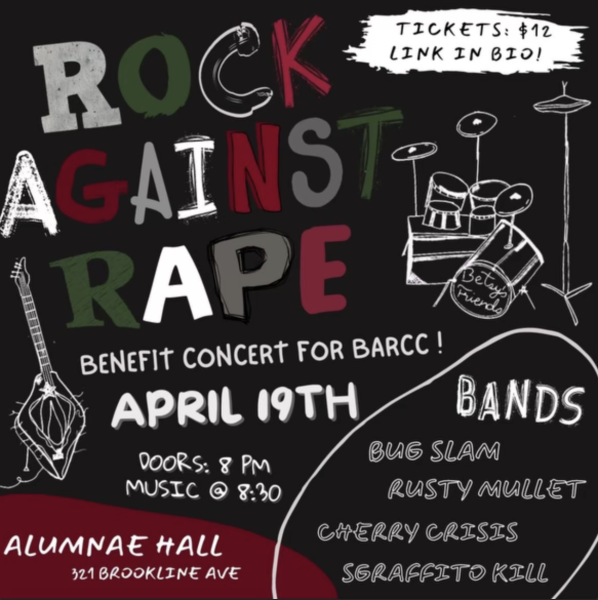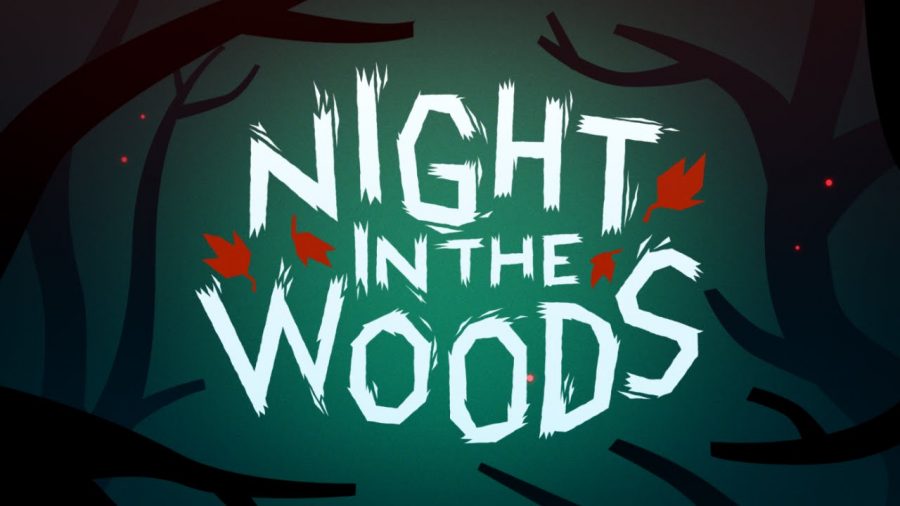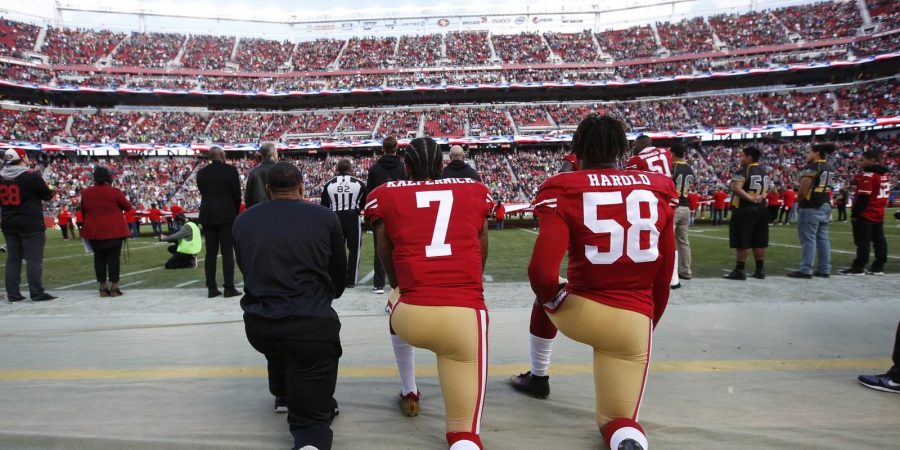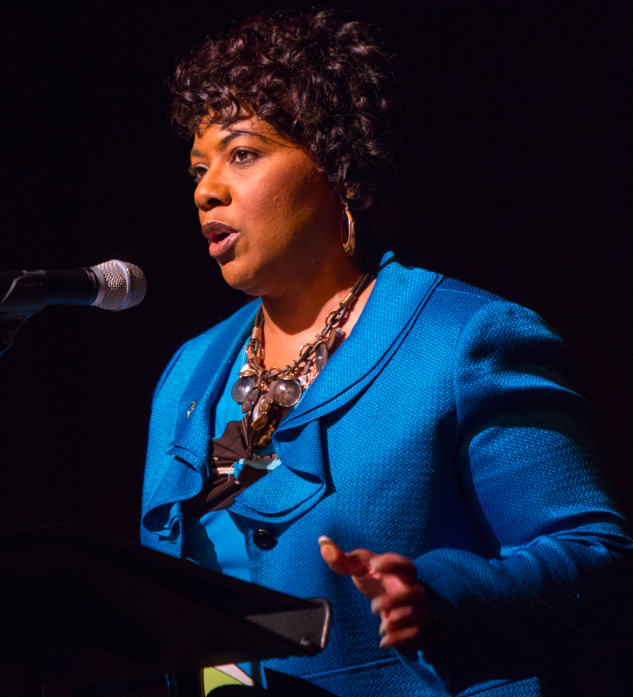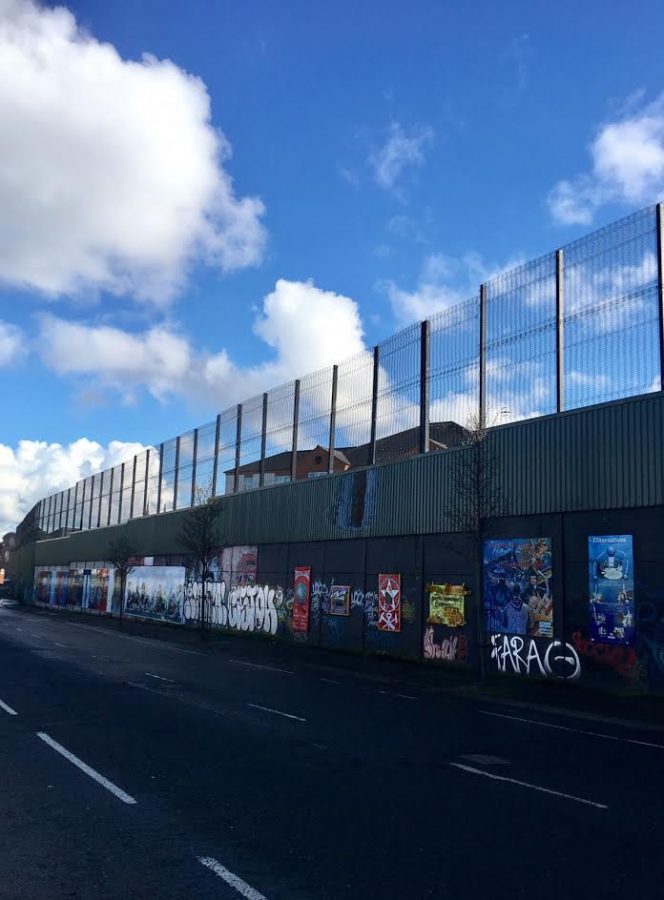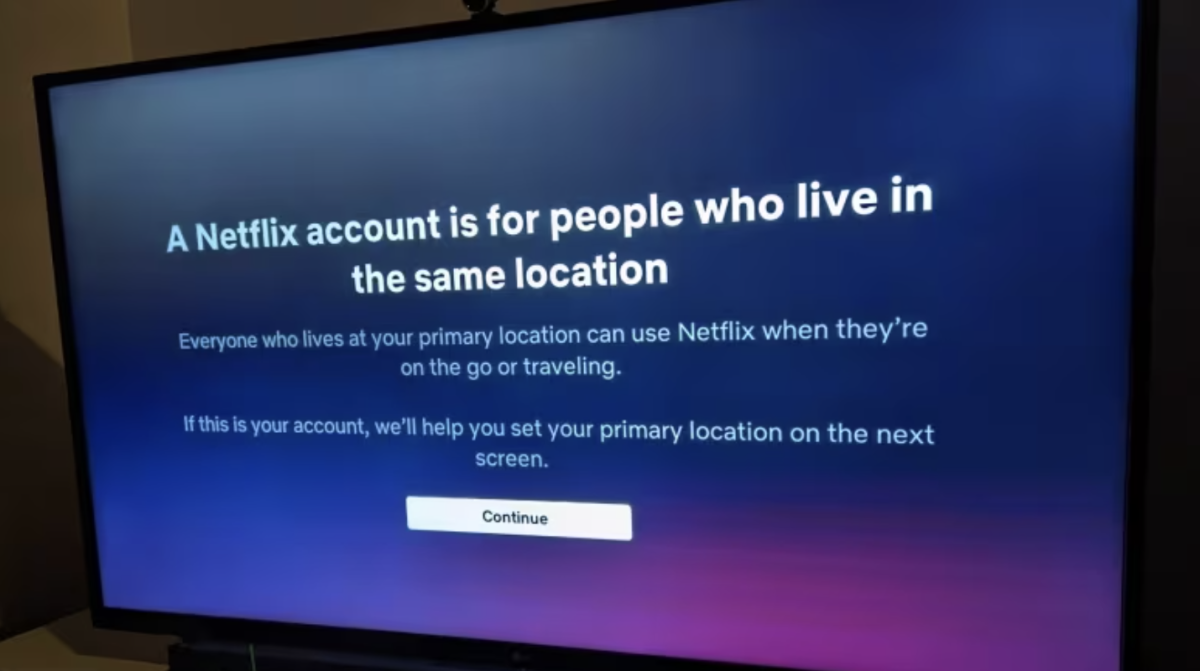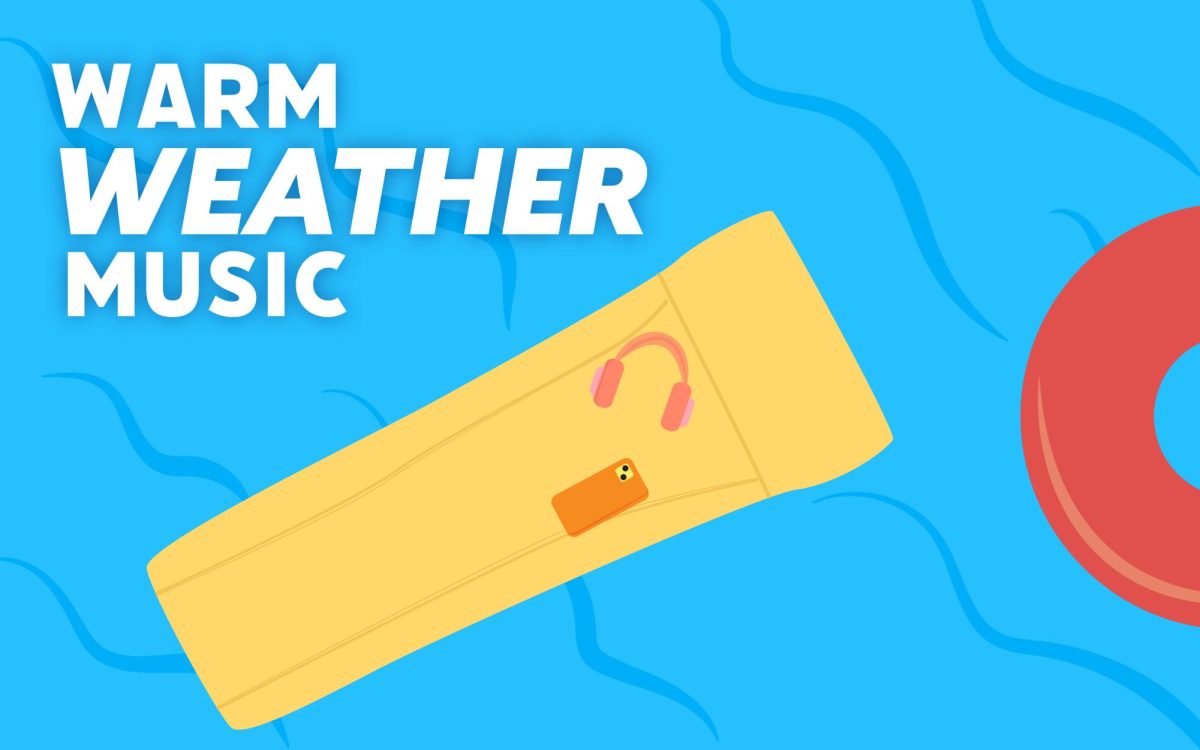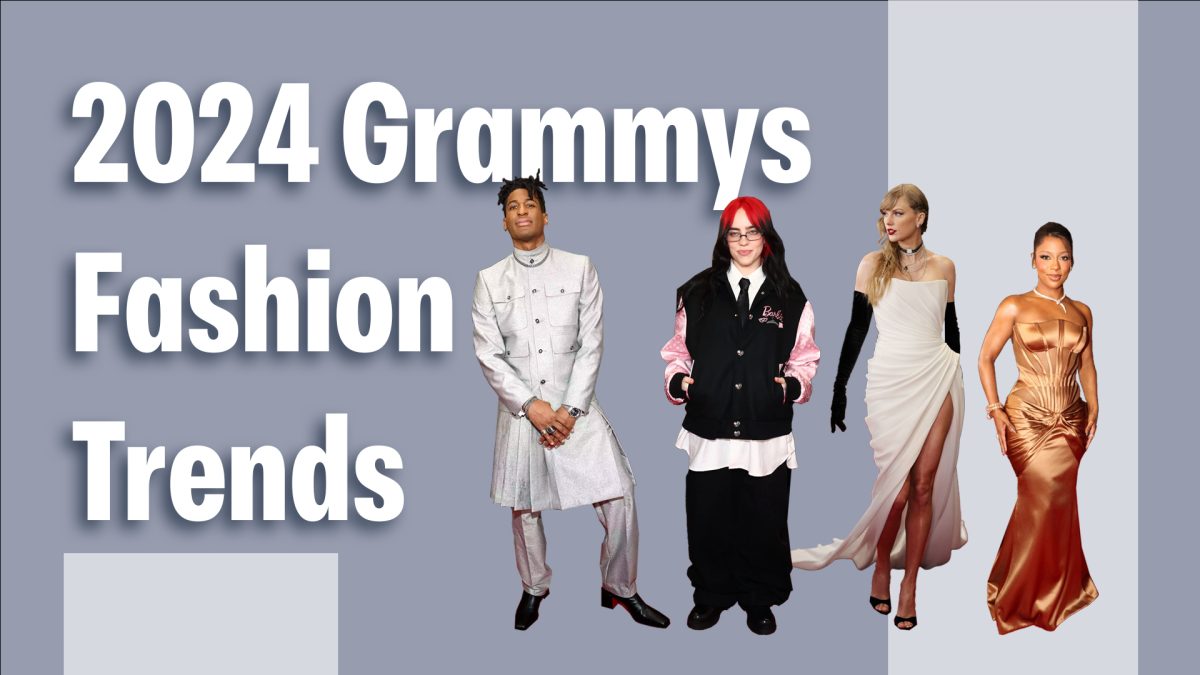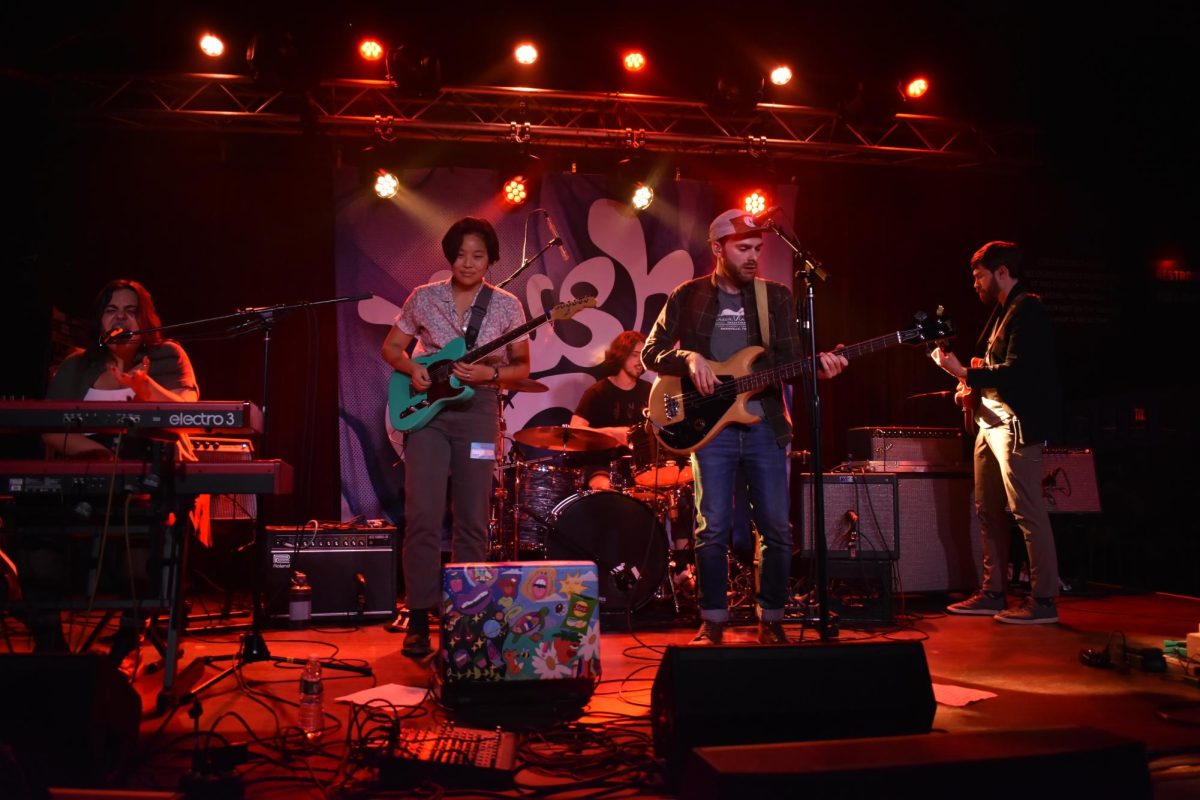By Anonymous
Contributing Writer
The last few weeks have been, to say the least, chaotic. If you’ve been following the latest flurry of news regarding President Donald Trump, or if like me you happen to be protected by DACA (Deferred Action for Childhood Arrivals), every passing moment seems to be defined by ill-placed anxiety.
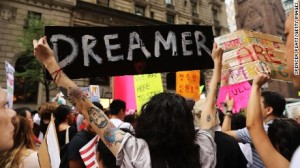
Every week, and in some cases, every day, there’s a new headline making its way across the top of our timelines that is in one way, shape, or form influenced by our current President.
This is undoubtedly a period of tension and unrest, and I’m here to tell you: You are not alone.
For those who are not aware, on Sept. 5 the White House released a statement regarding the status of DACA, officially noting the expiration date for a festering and long neglected issue.
DACA is an immigration policy implemented by former President Barack Obama. This policy is meant to protect undocumented immigrant youth from deportation and give them an opportunity to work and receive public education. These youth, like myself, often find themselves in the United States at a young age at the sacrifice of those who brought them. In my case, I found myself in the States when I was 3.
Originally from El Salvador, my mother made the treacherous journey to the United States with the hopes of providing me with a better life. Recently, I had the chance to go back and what I found was grim. The city where I’m from had main roads that were not paved and were overflowing with trash. Stoplights and stop signs are a luxury my city cannot afford, and children rode on the open backs of trucks like they were riding bicycles.
The culture shock I experienced was immeasurable, and once again I felt like I was in a world I didn’t belong. My clothes, accessories, and broken Spanish often weighed my body down with guilt, and I felt I was stuck between two countries that really did not want me.
Once I visited my family, I was faced with another harsh reality. My family in El Salvador recently had running water and electricity installed in the past year. Their house was made of stone, and they had little to no protection from mosquitoes and the sweltering heat radiating from the sun. My younger cousins would only attend school for, at most, four hours a day, and the main concern on their minds was finding a suitable partner.
Knowing all of this, it is incredibly difficult for me to see how my life would have turned out had my mother not made this decision and this journey. It is not fair to those who brought us to say “we should not be punished for the sins of our caretakers,” when it is that decision that provided us with many of the privileges we now have.
Ironically so, our caretakers are often shunned by American society for not entering the country through legal means and for doing everything they could for our prosperity.
This is ironic especially because America holds family to be one of the more crucial core values of its society. I ask of you to think about what your families and/or friends would do out of love and the need for survival.
DACA is a means of survival. Those under the program have to fit under a specific set of strict requirements. As a result, more than 800,000 undocumented people were accepted into the program.
Personally, I was not aware of my undocumented status until I was in 10th grade, around the time that our school started pushing college tours. Coming from a college preparatory high school, everything we did was for one end goal: attending college.
When I found out I might not be able to go to college, I was devastated. I had spent nearly my entire life preparing for higher education, and I was faced with a very real possibility of missing out on crucial education.
At the time, I was hurt and confused that my mother had not made me aware to my status, but I now realize that if she had, I would not have been so motivated to finish my high school education.
If that were the case, I would not have received a merit based scholarship to Simmons. Scholarships are vital to DACA recipients, as students under DACA are not eligible for federal financial aid or loans.
During my senior year, as everyone else filled out FAFSA with the hopes of getting some financial relief, I filled out my application out of obligation. It was easy to feel alienated and alone, but I made it, and to all my DACA siblings, know that you can make it too.
I’m explaining all of this with the hopes of gaining more recognition and understanding for the undocumented community.
There’s no way to tell who amongst you are DACA recipients, and it’s vital to remain open minded to the struggles many of us face.
There are those of us who need DACA to stay employed and support our families. There are those of us attending college, a feat that is impossible in many of our native countries.
The majority of us know that DACA is not the best solution, but it is all over 800,000 of us have. I implore my DACA-mented, as well as undocumented, siblings to keep fighting this fight.
Nothing is set in stone, and with much more uncertainty to come, it is the job of our proactive allies and ourselves to convince the American people that we are just as American as they are.
We are their teachers, their neighbors, their EMTs, their peers, their coworkers, and their students.
To my American-born counterparts, I ask you to be there to support your DACA-mented loved ones. We’ve grown up beside you, we’ve made homes and friendships, and to have all we know possibly taken away is shattering.
Our lives are here, and we’re here to stay.



